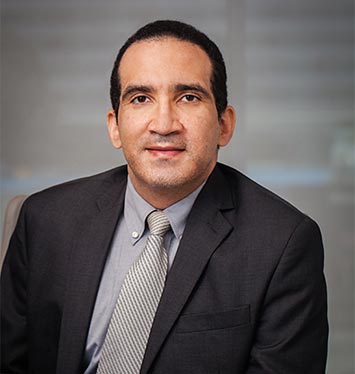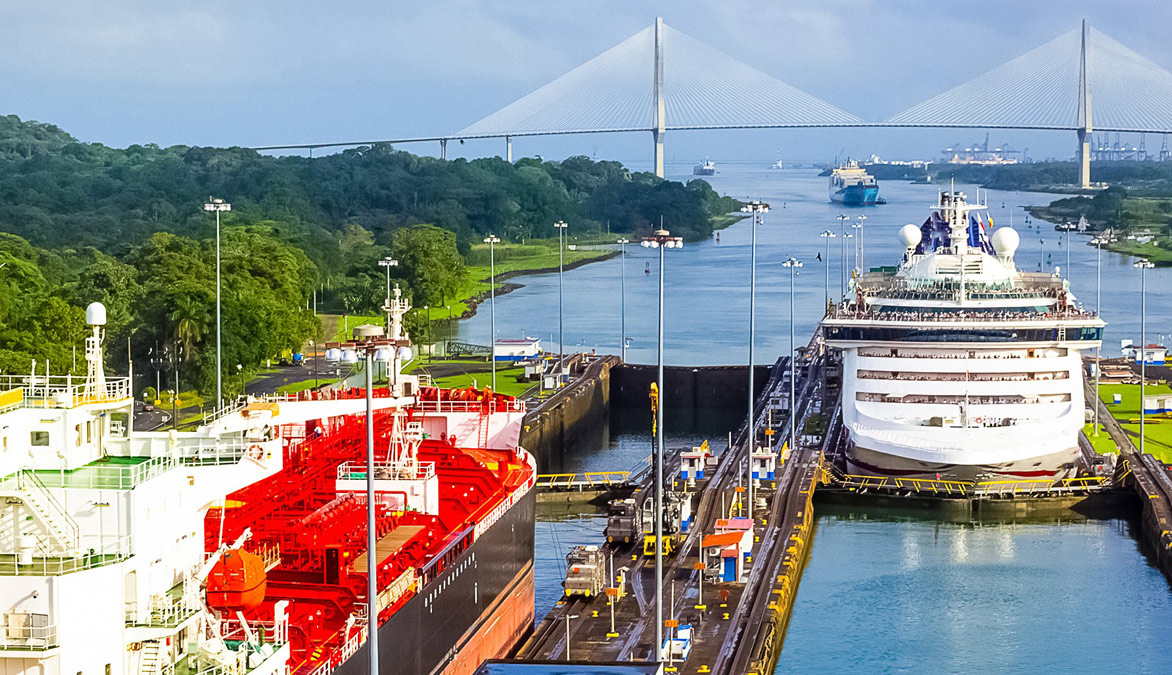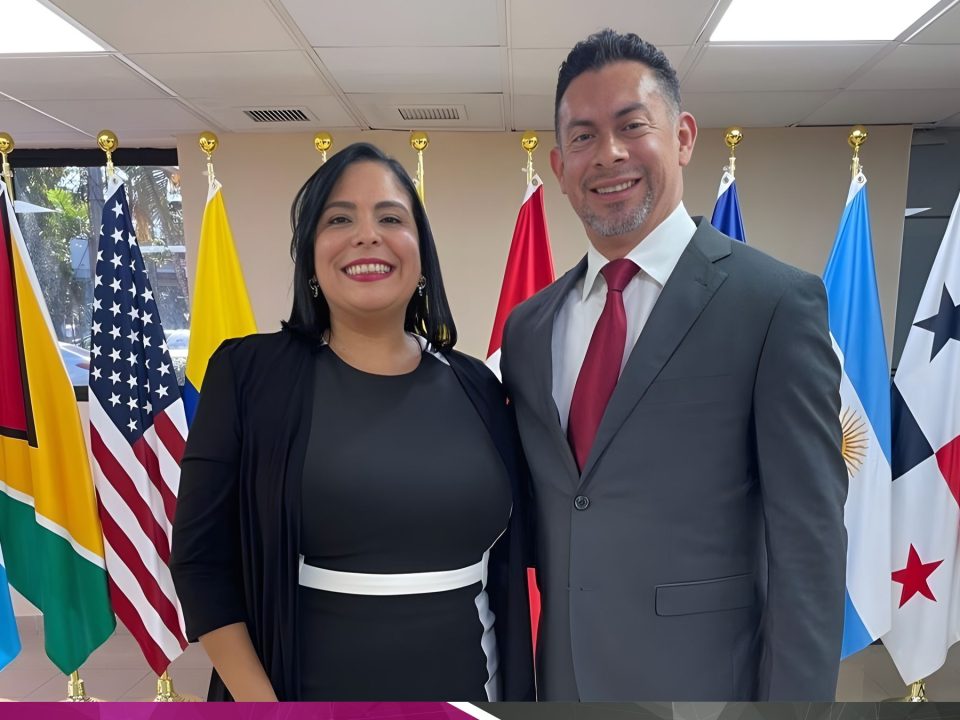
Must-Know Legislative Changes for Seychelles Companies
20/02/2025
Exploring Panama’s Legal Framework on Employment for People with Disabilities
17/03/2025Insights on the legal, economic and diplomatic stakes of the Panama Canal under the spotlight.

By: Alexis V. Herrera Jr. for Multilaw
Recent statements by U.S. President Donald Trump regarding potential U.S. claims over the Panama Canal have sparked widespread debate, raising questions about sovereignty, foreign influence, and legal obligations under existing treaties. These remarks, which appear to be based on concerns over Chinese involvement in Panama’s port infrastructure, have left many in Panama perplexed about the motivations behind such rhetoric.
While it remains unclear whether these statements signal a shift in U.S. policy or are simply political posturing, they have reignited discussions about the legal, economic, and geopolitical stakes surrounding the canal’s ownership and management.
China’s Role: Misconceptions and Reality
One of the primary drivers of this discussion appears to be concern over Chinese influence in Panama. However, there is a key misunderstanding at play:
- The Panama Canal is not operated or controlled by China.
- The Panama Canal Authority (PCA), a Panamanian government entity, manages and operates the canal independently.
- The Hong Kong-based company Hutchison Whampoa holds a port concession for terminals at Cristóbal (Atlantic side) and Balboa (Pacific side)—but this does not extend to canal operations.
The misconception that China controls the canal has fuelled speculation about U.S. intervention, but in reality, China’s involvement is limited to port management, not canal governance. Additionally, three other major port terminals near the canal are operated by U.S., Taiwanese, and Singaporean companies—two on the Atlantic side and one on the Pacific side—further underscoring that international port operations are distinct from canal governance.
Read the full article by clicking on the button below.








